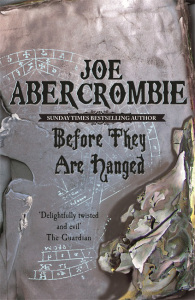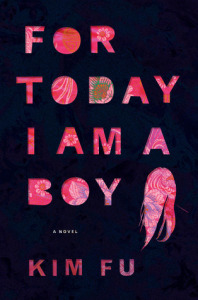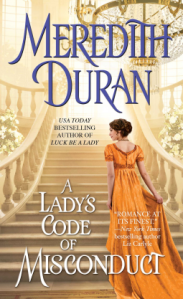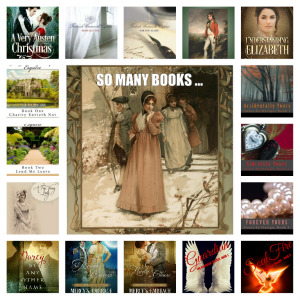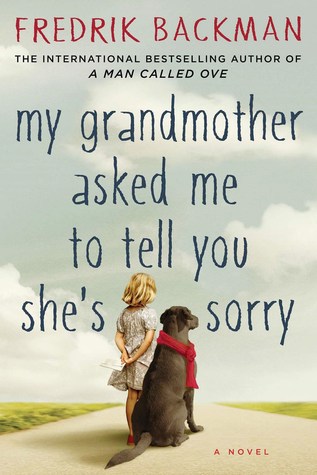 My Grandmother Asked Me to Tell You She’s Sorry by Fredrik Backman
My Grandmother Asked Me to Tell You She’s Sorry by Fredrik Backman
Fredrik Backman does it again. Unlike most people, my introduction to Fredrik Backman was his novel Britt-Marie Was Here (and not A Man Called Ove), mainly because that was what was available when I was looking for books to read. With My Grandmother Asked Me to Tell You She’s Sorry, Backman gives us another beautiful, feel-good novel that explores human relationships.
My Grandmother Asked Me to Tell You She’s Sorry is narrated by Elsa, an extremely astute seven-year-old who is bullied at school for being different and very close with her (slightly crazy) grandmother. Her grandmother is the one who introduces her to the fairytale world of the Land-of-Almost-Awake and all the stories of the heroes and characters within that fairytale world. When Elsa’s grandmother dies, she entrusts Elsa with a grand adventure of giving letters to the people around her. These letters are the grandmother’s way of saying sorry, and through them, Elsa learns a little more about the secret life of her grandmother as well as the people around her.
Although this novel is narrated by a child, it’s hardly a children’s book thematically and content-wise. But regardless of how intelligent Elsa is, she is still a child, and that fact, along with her grandmother’s fairytales, adds a simplicity and purity to the novel and narration. The stories and characters are complex, but can also be distilled into simple fairytales.
I love how Backman tells a story. The novel begins as just a tale of a girl and her crazy grandmother living their life, along with the fairytales that the crazy grandmother fabricates, but gradually develops into something more, looking at their family history and family dynamics, and eventually encompassing the larger family of their neighbors in their building. One of my favorite parts of the novel is how the fairytales bleed into reality in a way that isn’t magical realism, but approaches it in the way that Elsa views and interprets these connections. Is the wurse just a big dog or is it really a wurse? We will never know.
It was also really interesting reading this novel after Britt-Marie Was Here, because Britt-Marie is one of the many supporting characters here, and is at first characterized as an antagonist, especially from Elsa’s perspective. The Britt-Marie of this novel is very different from Britt-Marie Was Here, mainly because the latter’s story begins where this novel ends, and is the story of Britt-Marie’s transformation. It was interesting reading this novel and gaining a different perspective on Britt-Marie, while already knowing and having sympathized with her in Britt-Marie Was Here.
Already, I see a certain formula to the way that Backman writes and structures his stories, but it works so I won’t complain. They might be a bit formulaic, but the characters, relationships, and stories themselves are complex and feel real.
Advertisements Like this:Like Loading... Related
